
Wanted: Responsible mayor to address Philadelphia’s energy hub
Eight years ago, Philadelphia was not a place where people talked about sustainability. It was Nutter who changed the conversation about environmental concerns…
Mayor Michael Nutter oversaw the slow destruction of Philadelphia school system. His administration’s list of perceived failings is lengthy and well-documented. In a certain sense, the next mayor is coming in to fix a lot of things that went wrong over the past eight years. But there’s at least one category in which Nutter actually holds the next mayor to a pioneer’s high standard.
Eight years ago, Philadelphia was not a place where people talked about sustainability. It was Nutter who changed the conversation about environmental concerns in a consistent, demanding way, says Mark Alan Hughes, director of the University of Pennsylvania's new Kleinman Center for Energy Policy. Hughes was also the first director of the Mayor’s Office of Sustainability.
Nutter changed what Philly thought was possible in terms of its green vision. He put a framework in place, and then implemented an accountability scorecard. Every year the Greenworks Progress Report tediously reviews the administration’s process across 15 specific categories — recycling, EMT emissions, local food access, and yes, bicycle accessibility — and we measured the administration’s progress. Nutter passed his own test.
“Philadelphia can now play with the hippest cities in the country on the hippest topic, which is sustainability,” Hughes said.
That’s the shining legacy that Nutter leaves to be either built upon or left to wither. The next mayor has to contend with a complicated chapter in terms of Philadelphia’s sustainability, and it’s titled the energy hub.
The short story version: creating a pipeline from the Marcellus Shale region to channel natural gas into the city for processing, consumption, and worldwide distribution. For more, I encourage you to read these more detailed overviews. The hub would be a titan. It’s the single largest industrial and economic prospect that could come to Philly, and we need someone who can handle it responsibly.
We have labor-backed candidates like Jim Kenney and Anthony Williams who have preemptively opened their arms to the hub. We have a lot of talk about “attracting jobs, reducing poverty.” We have a lot of “pro-growth incentives” and “supporting small business” and “stable workforce.” On the energy hub, like most of the mayoral platform issues, we have everything except details.
So what does a real champion of the energy hub look like?
“Any one of them could do it,” Hughes says. “It’s still an open topic for any of the five candidates to step forward.”
The problem with the dialogue to this point is that it has been two-sided. For-or-against testimonies have come respectively from business and environmental parties. An elected official dedicated to looking at the whole frame could lend a lot of legitimacy to the issue, broaden the conversation, and bring us closer to some sort of a consensus.
“It’s easy to get into trench warfare if you’ve got only two sides. One side is saying, no no no, ‘I want to make a bunch of money in this industry, I want to build a new pipeline.’ The other side saying ‘air and water quality, we need to have an alternative energy strategy.’ That can come to a stalemate really quick.”
The broader the conversation, the better for consensus. There needs to be more input beyond the environmental advocates and the pro-natural gas organizations like Philadelphia Energy Solutions and the Philadelphia Chambers of Commerce. There should be third parties like university think tanks, whom Hughes calls the “constitutionally open minded,” bringing in more data for consideration. Research needs to be conducted and aggregated for holistic discussion.
There are already numbers to suggest the hub as a major economic strategy in the short-term, but the environmental bets we’re taking on the future are less certain. So right off the bat, Hughes says the clearest question to address is “when will we stop using natural gas?”
“We need to agree that we’re building a bridge and not an endless road,” Hughes says. “In the simplest terms, are we prepared to be adults and say, listen, we’ve got a bunch of goals here, and the most concrete feature of this bridge we’re building is that we get on it and we get off it. And we get off it by agreement at a date fairly certain. We don’t care how we go zero carbon in thirty years, but we all agree that we will be zero carbon in thirty years.”
Whether that means 20, 30, or 40 years or more would be up for debate. But first, the table. Then, the mayor to moderate. Hughes says there’s a big risk of going backwards. Shotgunning the hub’s development would result in a “crazy head-spinner” of a situation that would be harmful to the city’s health, image, and future neighborhoods. And there are hub-hungry parties eager to move this along as quickly as possible.
The consensus-based approach is the preferred course of action, and the preferred mayor is the one who knows that.


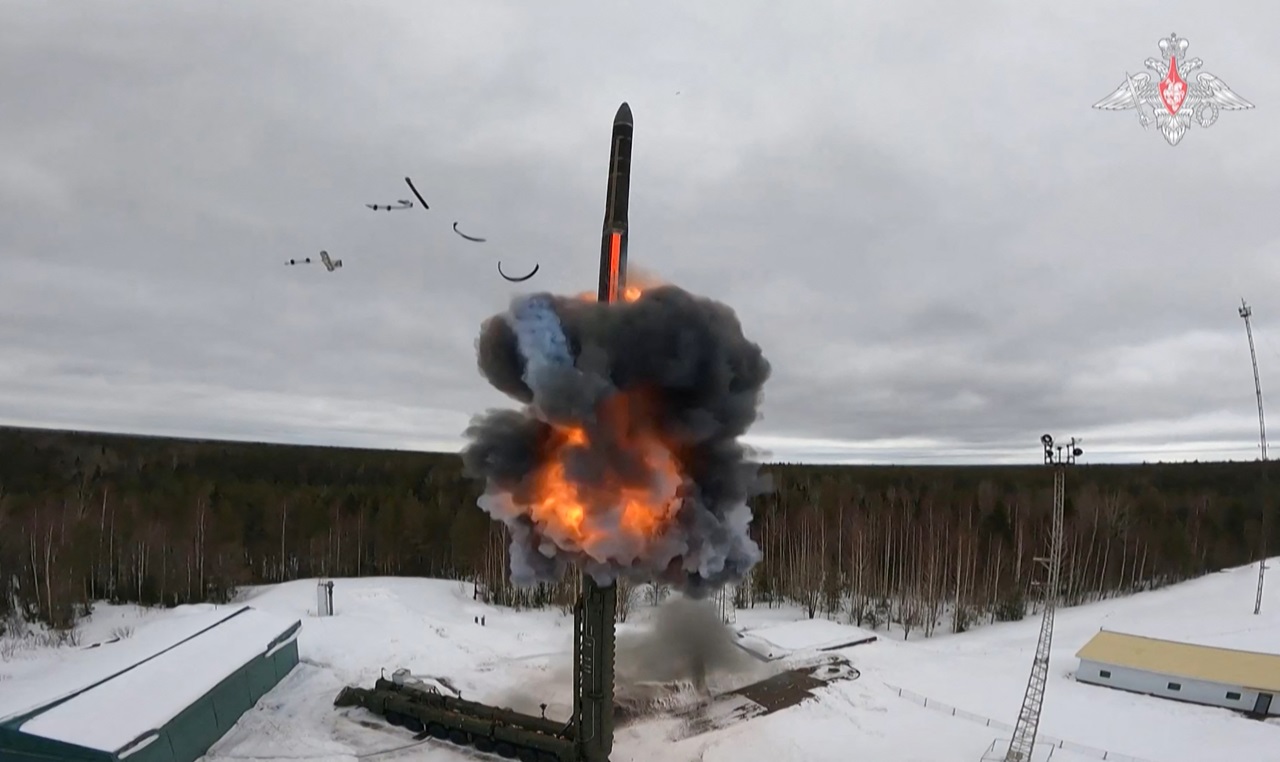
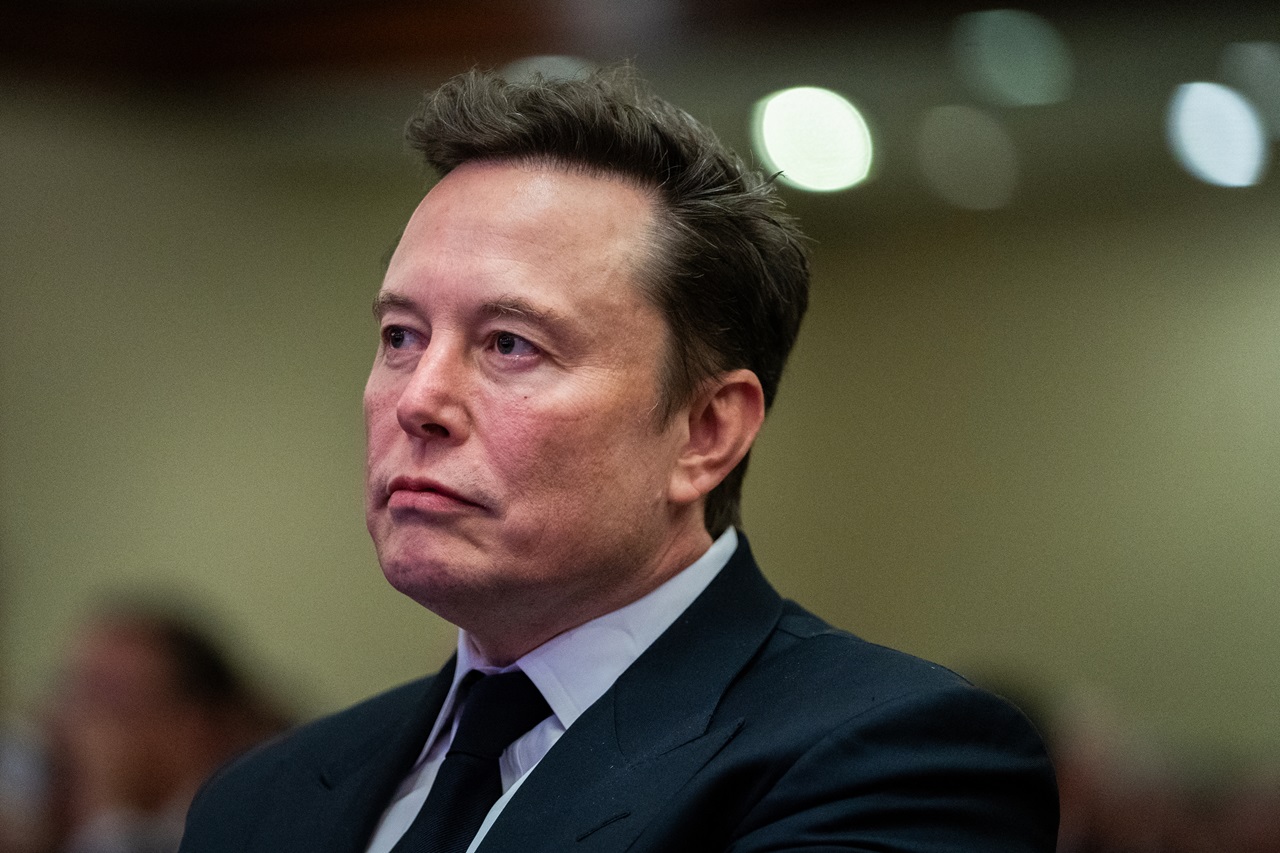
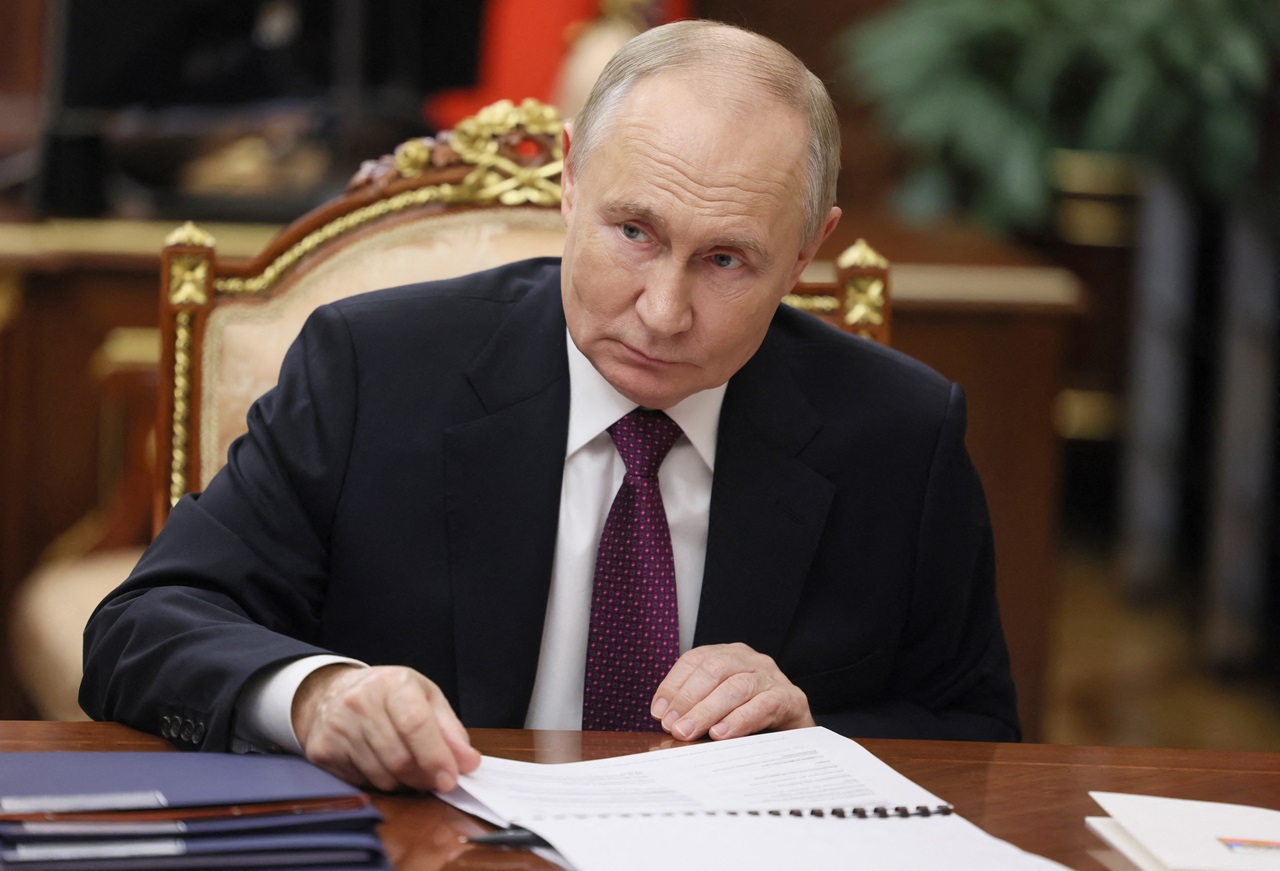

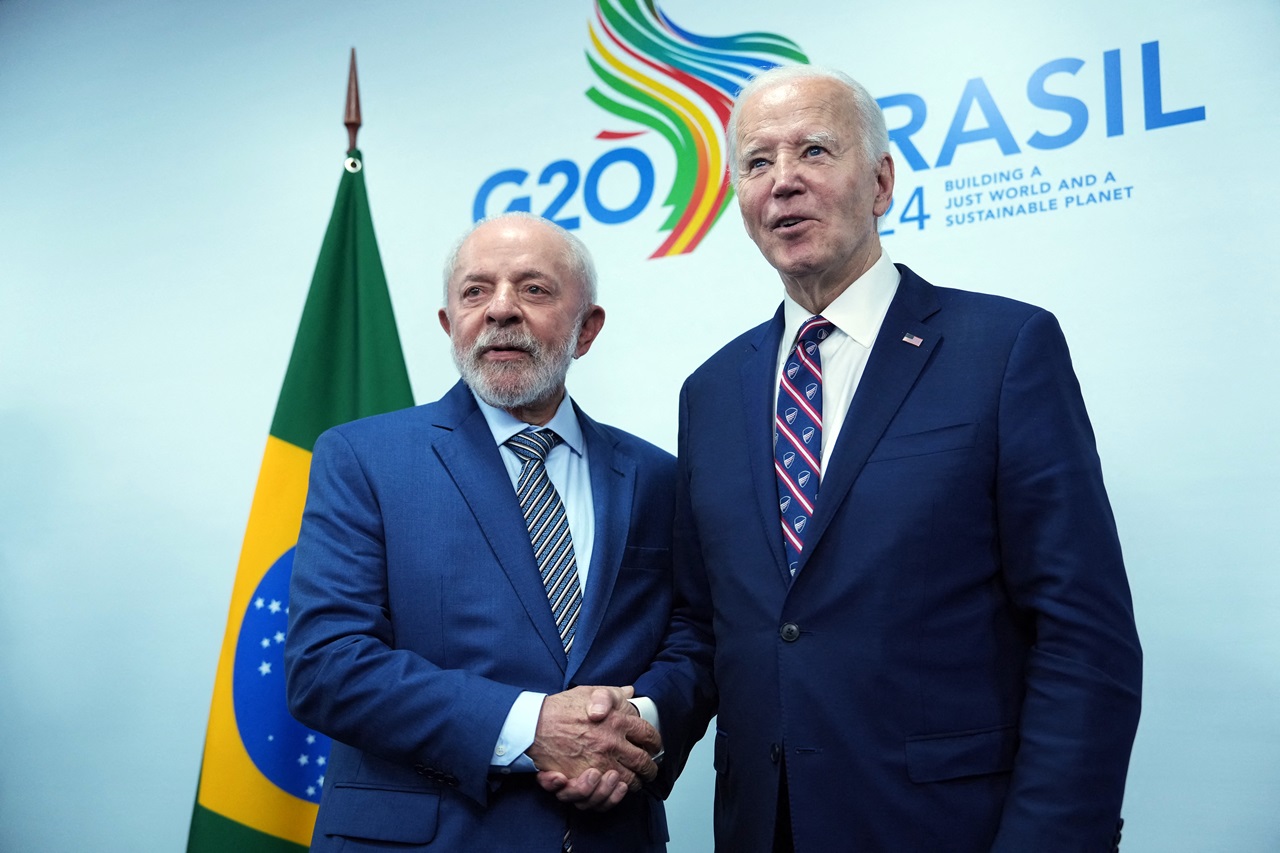
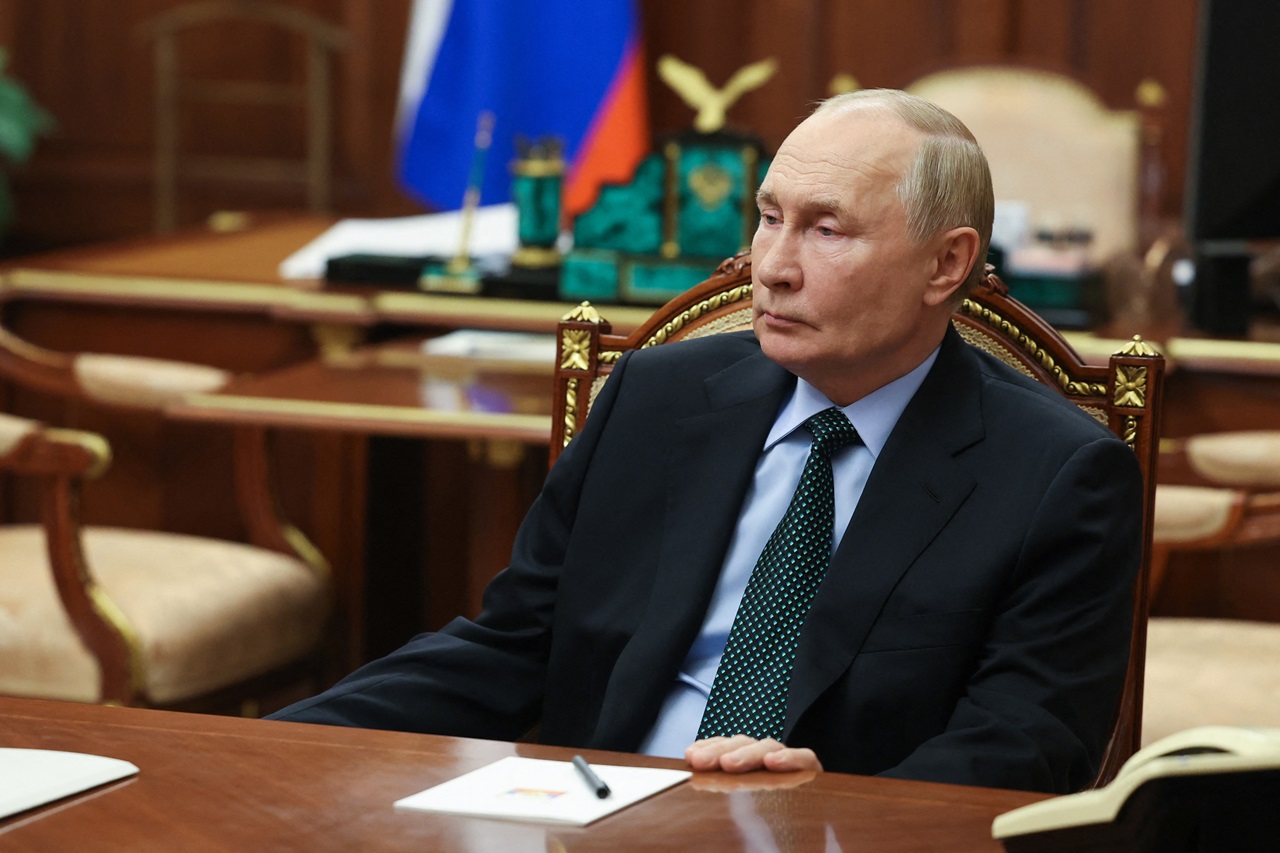
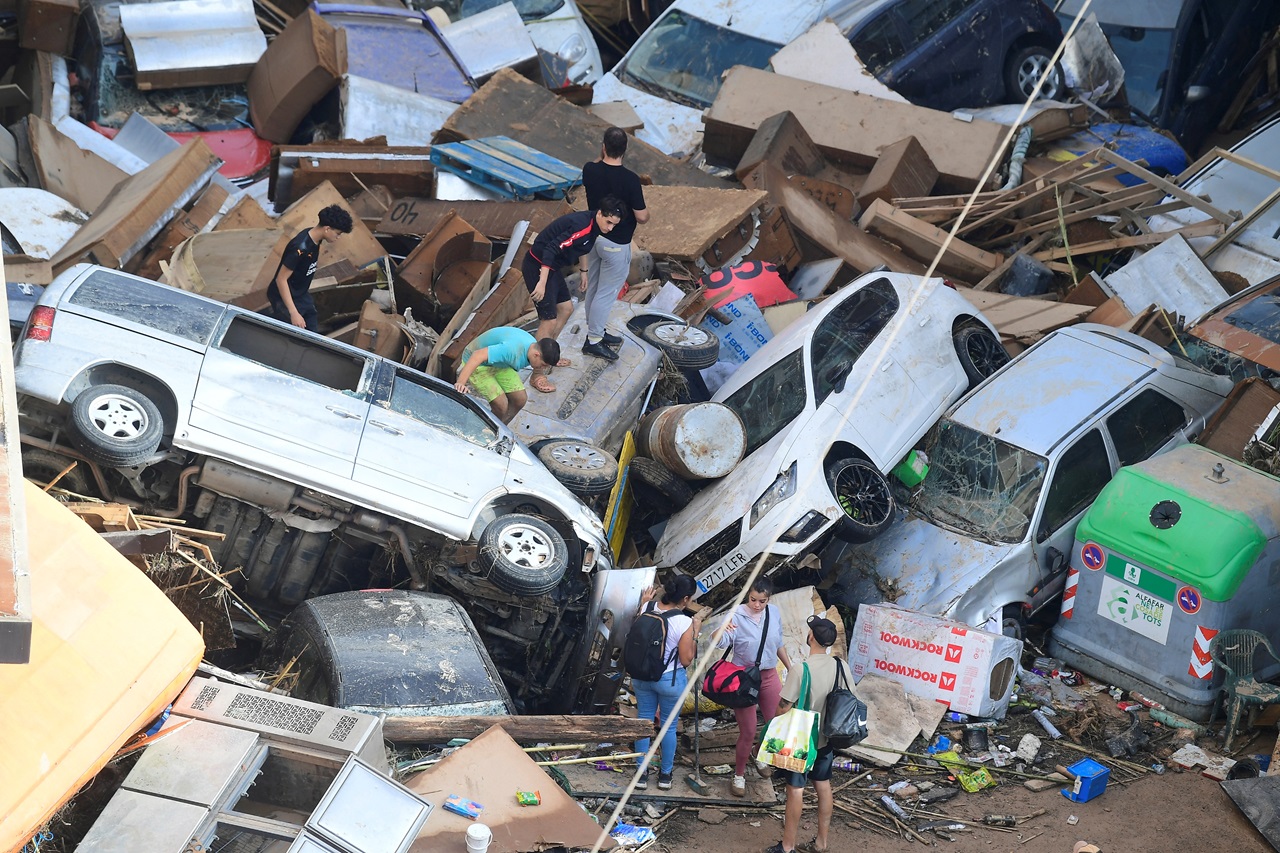
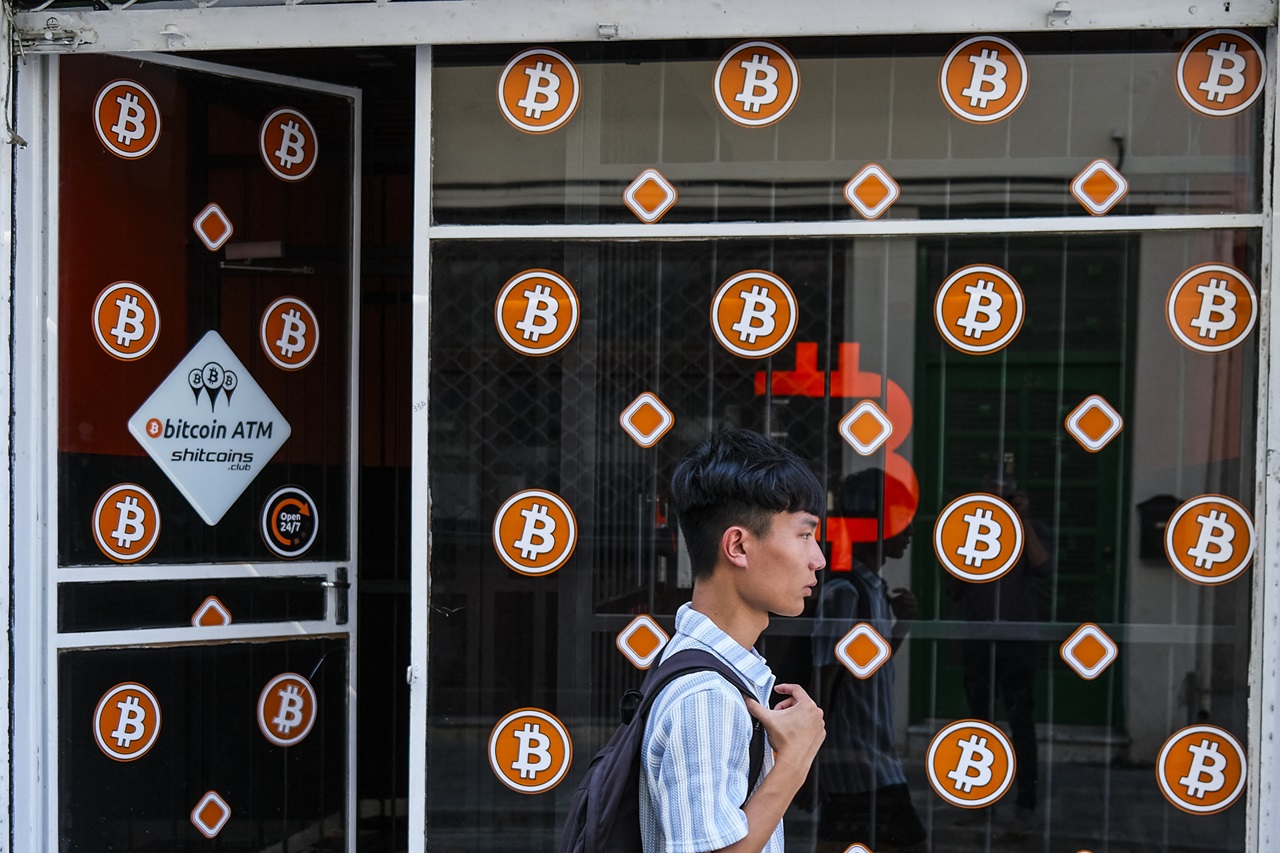
LEAVE A COMMENT:
Join the discussion! Leave a comment.